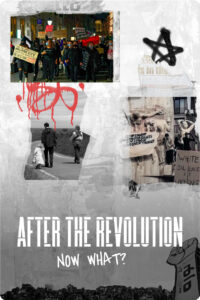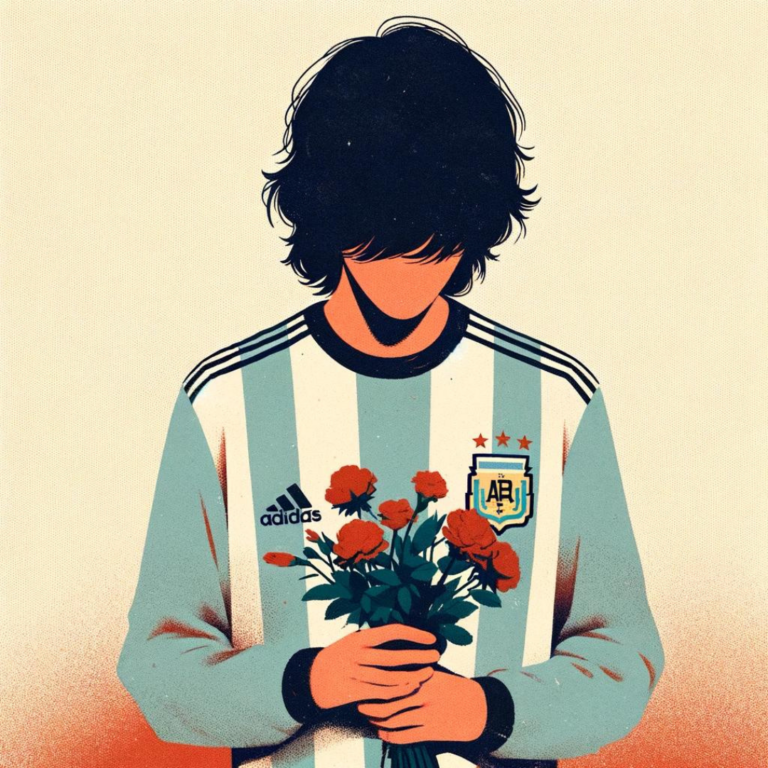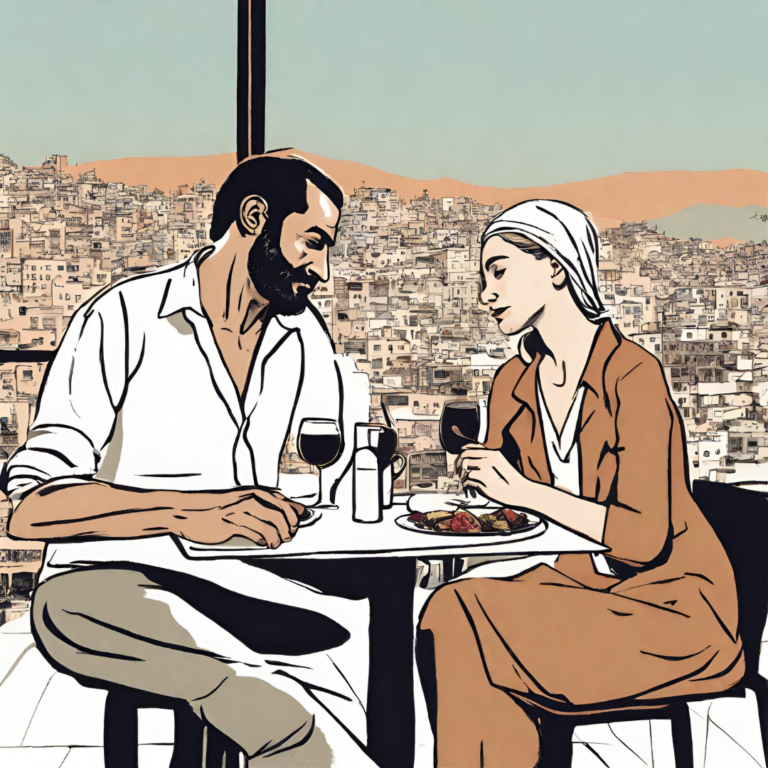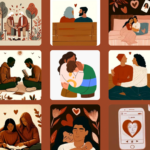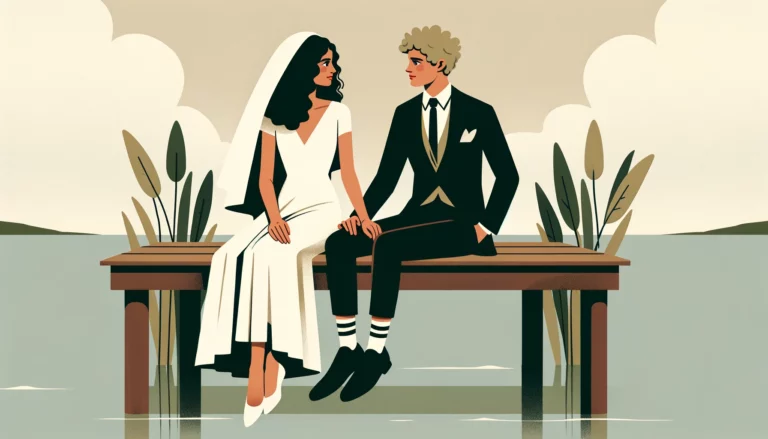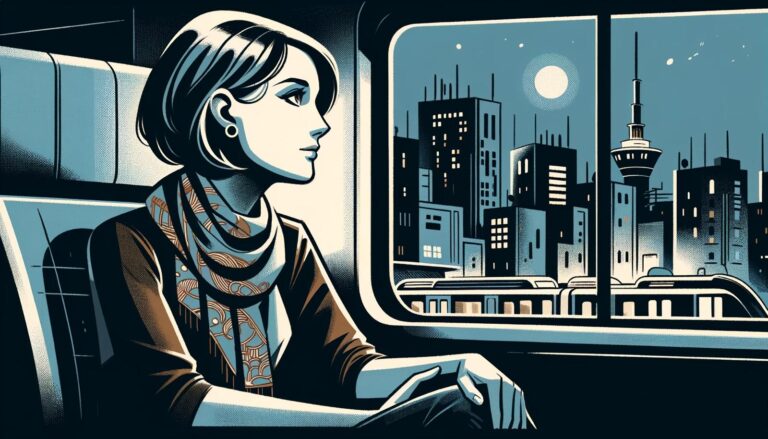November 2020. In Argentina, the Covid-19 restrictions grind on; it will become the longest quarantine in the world. The “indefinite” lockdown order, announced on 19 March 2020 by Alberto Fernández, president of Argentina, was meant to continue until 31 December. No-one suspected that a huge popular movement would unfold in the streets and put a de facto end to the pandemic.
Somewhere in a house on the outskirts of Buenos Aires, Diego Armando Maradona is dying. I remember the clandestine photo published by a journalist: unstable housing with chemical toilets, little furniture, a makeshift setup to house an idol. Who hadn’t heard about his extravagances? His long, and mostly fruitless, stints in rehab. But this time looks worse than the others…
One of the most famous footballers on the planet, alone, without a bathroom, living on sandwiches. The image is pitiful. He is unconscious, asleep. Isolated from the world, cut off from the popular fervour that pursues him. The icon is slipping away, and no one around him seems to really care. There are no friends or family to keep him company, to hold his hand, take care of him. Nothing and no one.
1980. I was sixteen. Maradona was parked in front of the gates of my high school. When we came out at lunchtime, my girlfriends headed straight for the star player’s convertible – I remember a white car, but I’m sure that it was black. He was short, with a curly mop, and he laughed, despite seeming serious. Four of my classmates made friends with the player. And he became infatuated with the most beautiful of the group. He courted her, came to pick her up, brought her presents. We all knew that he was engaged to a certain Claudia, who would become his wife, then his ex-wife. The woman who would accompany him on the day of his funeral, and shut out another of his last girlfriends.
He was articulate and attentive. The idol. The symbol of desire. The rebel icon with the criolla energy. In love. Equal parts glory and defeat
My friend, the beauty, was entranced. Four of us shared her secret. Yes, we all knew that he hung around with starlets, actresses, singers…and the fiancée. That didn’t stop him from falling in love with the tallest of our group, the one who looked older than she was. For months, I followed their love story. Maybe platonic, or maybe not. It didn’t matter to us. I remember one spring night that we met up in the garden of the lucky girl. Stretched out on the grass, we looked up at the stars in the southern sky. She described the way that he kissed her, giving us, little by little, our first glimpse into passion. I’ve held on to the memory of that night, of confidences between girls that had grown up under the dictatorship. Nothing could stop us, I know that now. I have also held on to an autograph that Diego gave me one day to kill time, at the gates of the school, where he was waiting for the beauty. He had asked me to keep him company. To talk to him about her. He disguised his wait by signing the autograph, that I have kept like a love letter. He was articulate and attentive. The idol. The symbol of desire. The rebel icon with the criollaenergy. In love. Equal parts glory and defeat. Hundreds of women had flings with him, but something in their story put it on another level. I don’t want to misuse the word “innocence”, but I would call it “timeless”, fleeting. A return to adolescence, to sharing moments in the kitchen with Tota, Diego’s beloved mother. The beauty would visit them in the family home, wearing her school uniform, her hair long, uncoloured, hanging loose. Laden with sweets for afternoon tea.
I remember the way that she talked about him, with the radiance of adolescence. The passion in the words that she spoke in confidence, as we dreamed of greatness, as we escaped from the lives mapped out for us in advance. When I think of him now, I see him with his sad eyes.
He was born in Villa Fiorito, where the children have that sad look and not much else. But he was able to support his family, and bought them a “real” house in the la Paternal neighbourhood after he signed to Argentinos Juniors. Sometimes he joked about the place where he grew up, deprived of electricity, running water, phone lines… But he was never deprived of the affection of his parents, the heart of a poor, but close-knit, working-class family.
The Maradonas’ house in Villa Fiorito had a dirt floor and a tin roof, and Doña Tota and Don Diego lived there with their eight children. Then came the “casa de la felicidad”, a refuge for his family. The same house where the beauty used to visit them. Imagine for a moment a young Diego, already wearing Number 10 for the renowned Bocas Juniors and selected for Argentina’s national team, already widely acclaimed, taking his first steps into the world of showbiz. Parties, affluence, orgies, alcohol, drugs, excesses. To give the chaos some order, he had a fiancée, someone with whom he could build his future empire. So far, his life was following a path typical of a lot of people’s lives, even idols. And suddenly, he falls in love with a teenage girl, a few years younger than him.
As luck would have it, she immediately fit in with his family. She would visit for afternoon tea with Doña Tota – so loved by her son – and our friends, and Diego. Was it an oasis of a kind? A respite from the society life that awaited him, the years to come when he would be vilified, hated, adored. Years in which his legend would be constructed, like the legend of the Golden Fleece. There is no turning back. Considered the best player in the world, he will have supporters in every corner of the Earth. In Naples, he will be revered. In a train from Nice to Italy, mentioning that I had known Maradona even saved my life. Invoking his name was like saying a magic word. But never, with the exception of that time on the train, did I use his name. His spectacular fall from grace took years to reach its conclusion. Many women around the world had his children, with DNA confirming Diego’s paternity beyond a doubt.
2020. Unstable accommodation without a bathroom, with nothing but a bed and a bedside table. This is where the “Golden Boy” will spend his final days. It’s been 60 years since the house with the dirt floor. Many years since the laughter and mischief of his brothers and sisters, with whom he shared everything, from a mattress to their daily bread. The joy of the crowded table, of meat – when there was any – of a chance of enjoying a barbeque in the distant Argentinian countryside. The shadows of misery fade away for a while, leaving a happy family under an immense blue sky. The boy plays with a ball and dreams. He looks at his parents and his brothers and sisters. Imagines them in a big house, with plenty of space and refrigerators full of food. His parents let him dream. And he takes flight.
But misery never really leaves him. It haunts him, prowls the corridors of even the most sumptuous palaces. Like Dionysus, he is a figure of excess, of pleasure. He is always partying, or fleeing from that misery that never left him in peace. He had become a famous young man, had fallen in love with a beautiful schoolgirl, but this paradise would last no longer than a chimera. A mirage that the boy had dreamed. Now, there is no one here to hold his hand as he leaves this world.
The news of his death shook the world. Somewhere, a woman, still beautiful, mourns her secret love. She calls up the memory of each kiss, each caress, each declaration. Each star that murmured his name – D I E G O
On 25 November, the news makes headlines around the world: Diego Armando Maradona is dead. It could be said that this day marks the unofficial end of the pandemic in Argentina. Millions of people take to the street to accompany the Golden Boy. The familiar disorder of our country gains the upper hand. Diego’s body begins its journey. First, a funeral parlor in la Paternal, the neighbourhood where he began his middle-class life, the neighbourhood that now lives for him, the same neighbourhood that is home to the Argentinos Juniors club, the idol’s first team. The neighbourhood where a mausoleum and a church were built for him. Where the walls of a huge football stadium are covered in graffiti telling the story of Diego, a boy from the slums that became an international star.
Then his body arrives at Casa Rosada, the house of government. Many people call it a political move; in any case, three days of national mourning are declared. In the centre of a room in the Salón de los Peublos Originarios, where the final farewell is held, the coffin stands draped in the Number 10 jersey, the Boca jersey, and that of his homeland, the Argentine flag. The child is now sleeping an eternal sleep, finally finding respite from Olympus, from worldly things, from a life of passion. His fans, men and women, throw jerseys, flowers and handkerchiefs through the barriers. The spectacle is overwhelming. His people are there to cry for him, to cry for a year of restriction that culminated in the death of the venerated and abhorred god, Diego. The collective grief makes me think of another time that the country had mourned together, when Eva Duarte de Péron died, and the funeral lasted two weeks. The fervor of a nation in the face of each generation’s myths.
Hundreds of thousands of people accompany him on his final journey, this working-class son that had never denied his origins. It gave him a unique authenticity, reflected so strongly in his manner of speaking, in the paradoxes of his life and in his sense of humour. Which was not always accepted. “What an idiot!” was the response of many to the popular image of the footballer. Now queues wind for dozens of blocks to catch a glimpse, even if fleeting, of his coffin. Then his family say their goodbyes, in an intimate ceremony in a private cemetery. The funeral cortege that accompanies the Golden Boy loses its way several times along the route. A fitting analogy for the destiny of a boy that became a deity to many after his “hand of God” goal in the 1986 World Cup victory against England.
Help us tell the world to you !
Frictions is launching its club : by supporting Frictions, you’ll be supporting a community of authors and journalists who tell the world through intimate stories!

Until the day he died, Maradona remained a man of pure desire. He knew scandals, madness and excess. With him, love and hate were intertwined. Even in death, he remained a contentious figure, with some condemning the disorder he “provoked”. As always, he makes passions run high. Though adrift in a country ravaged by bankruptcy and the pandemic, with the threat of death hanging over them, these same people break down the barriers and rush to farewell the child born in the house with the dirt floor. On that spring day, from my apartment on the twelfth floor, I watch the cortege pass and can’t stop myself from crying.
The news of his death shook the world. Somewhere, a woman, still beautiful, mourns her secret love. She calls up the memory of each kiss, each caress, each declaration. Each star that murmured his name – D I E G O. No journalists pursue her, no one has come to harass her, no one slams the door in her face. Few of us know that she exists.
She closes her eyes and enters the room, kisses the lips of her love, so changed by addictions, illnesses and excesses. She holds this man that no one has accompanied in his final breath. Except her.

